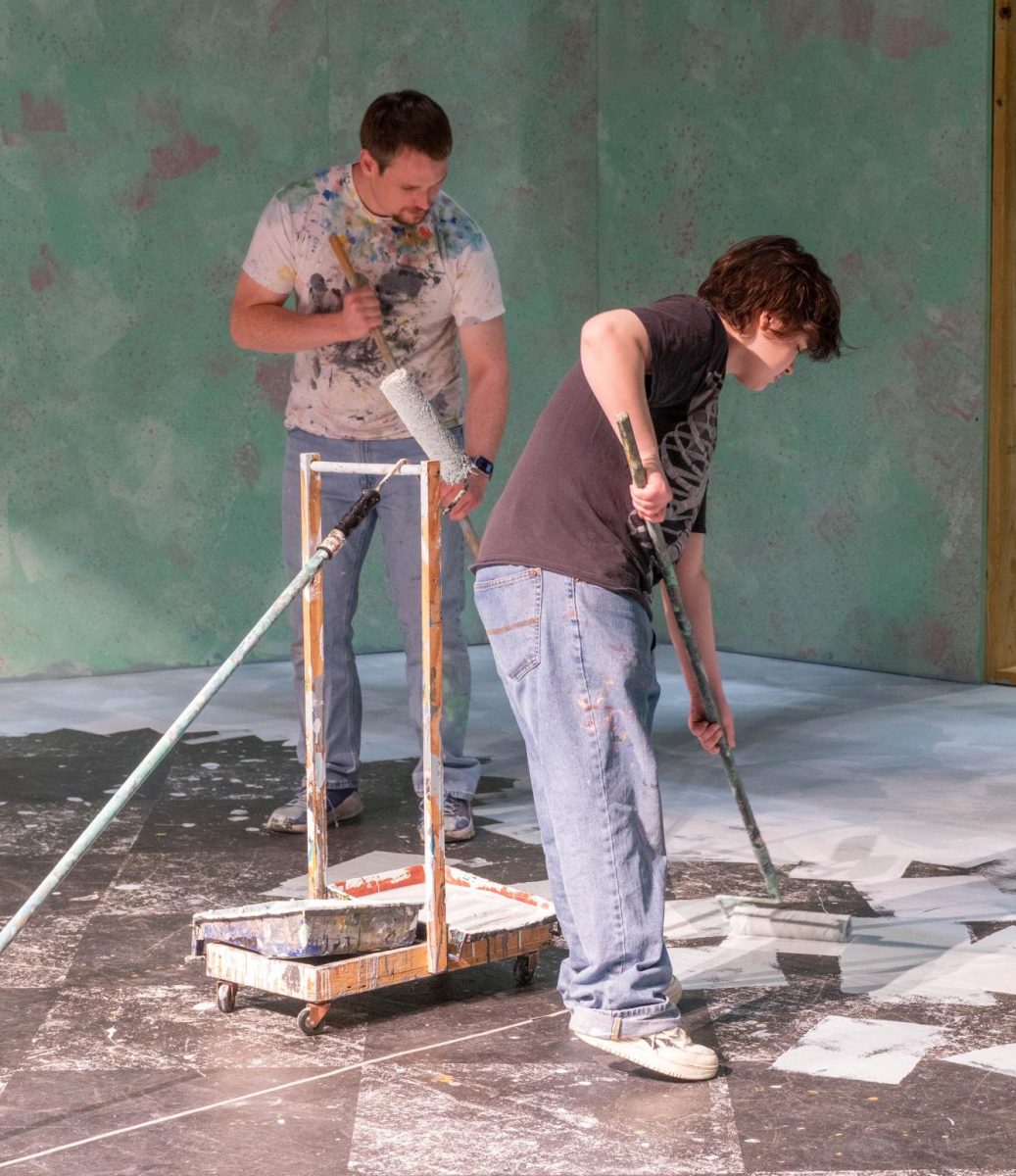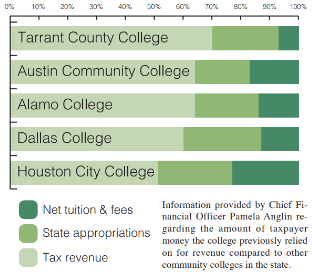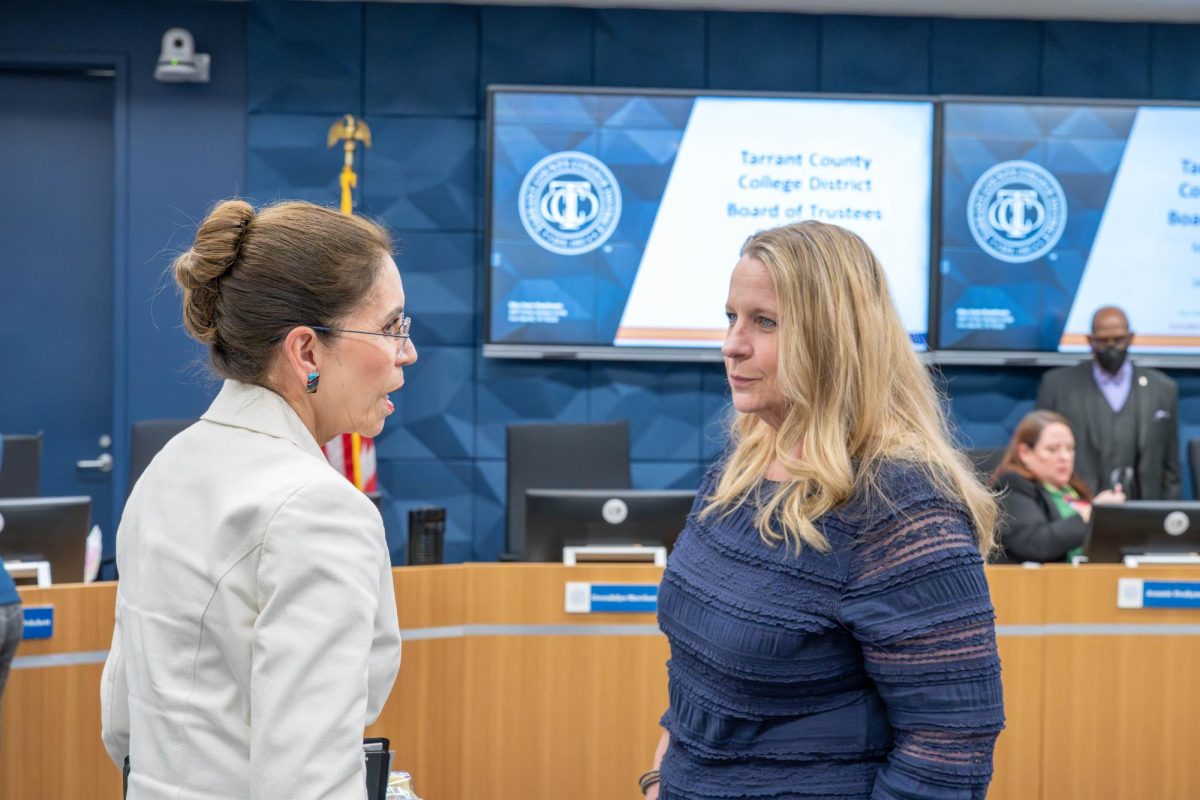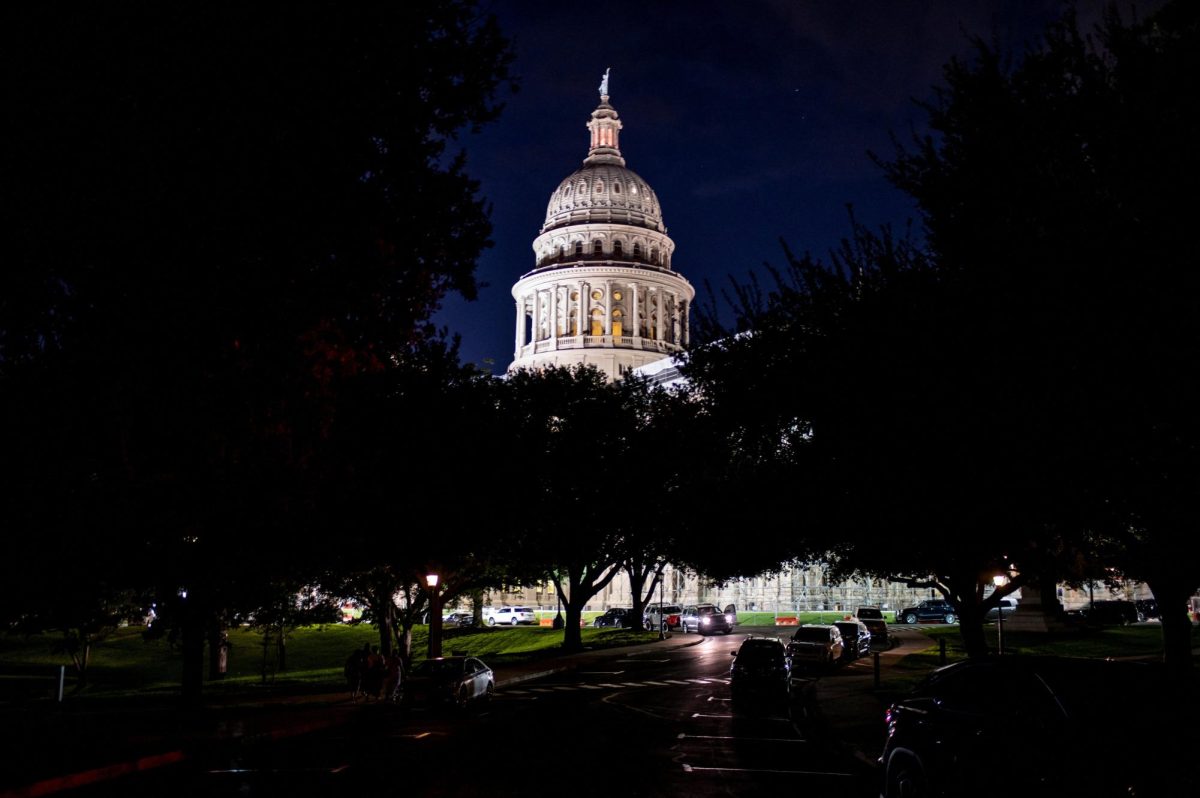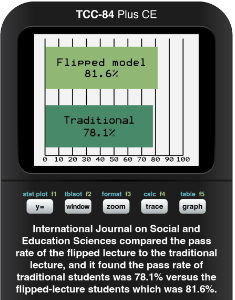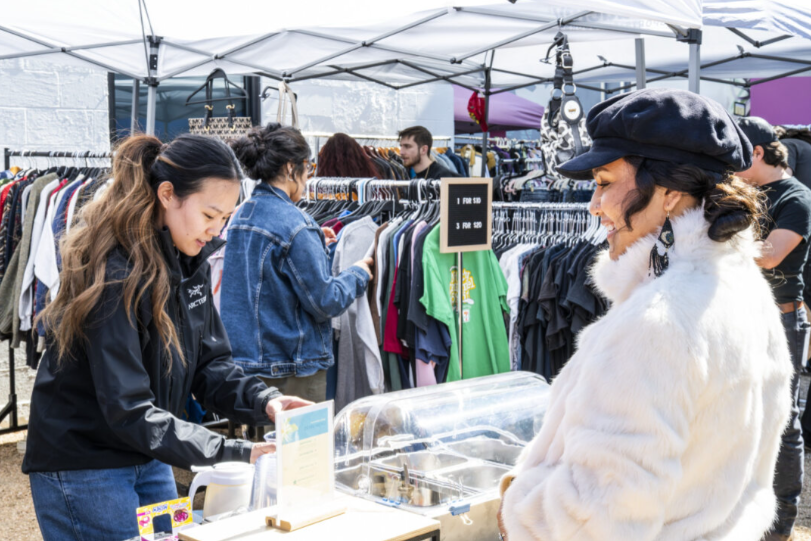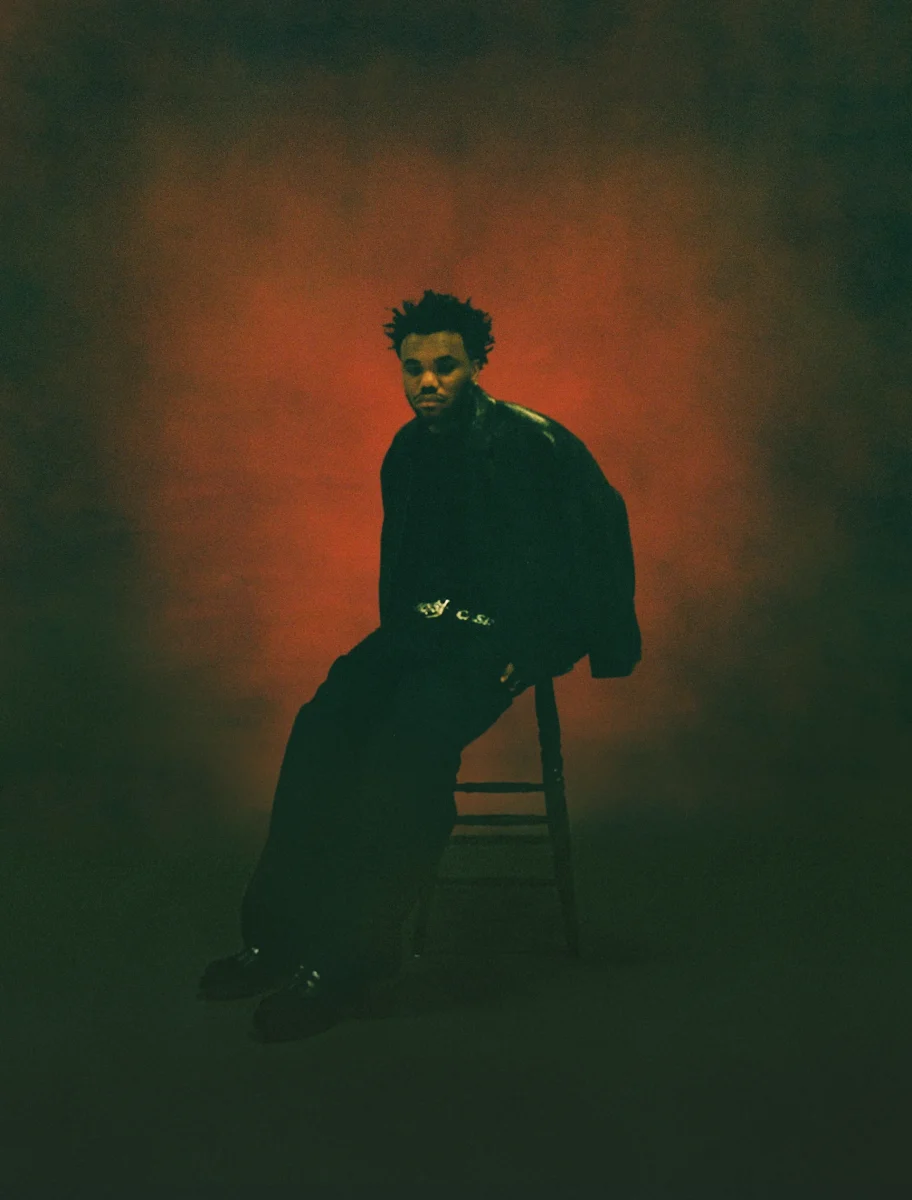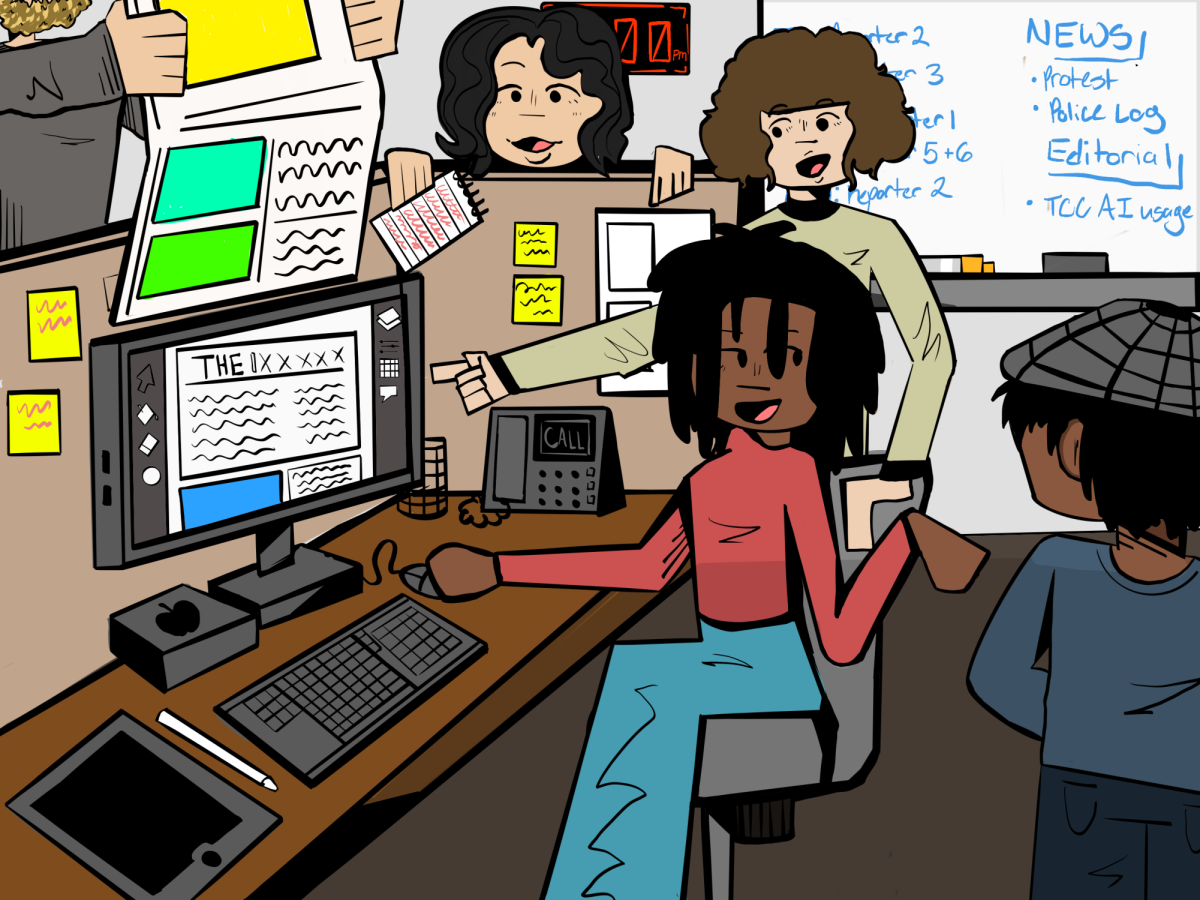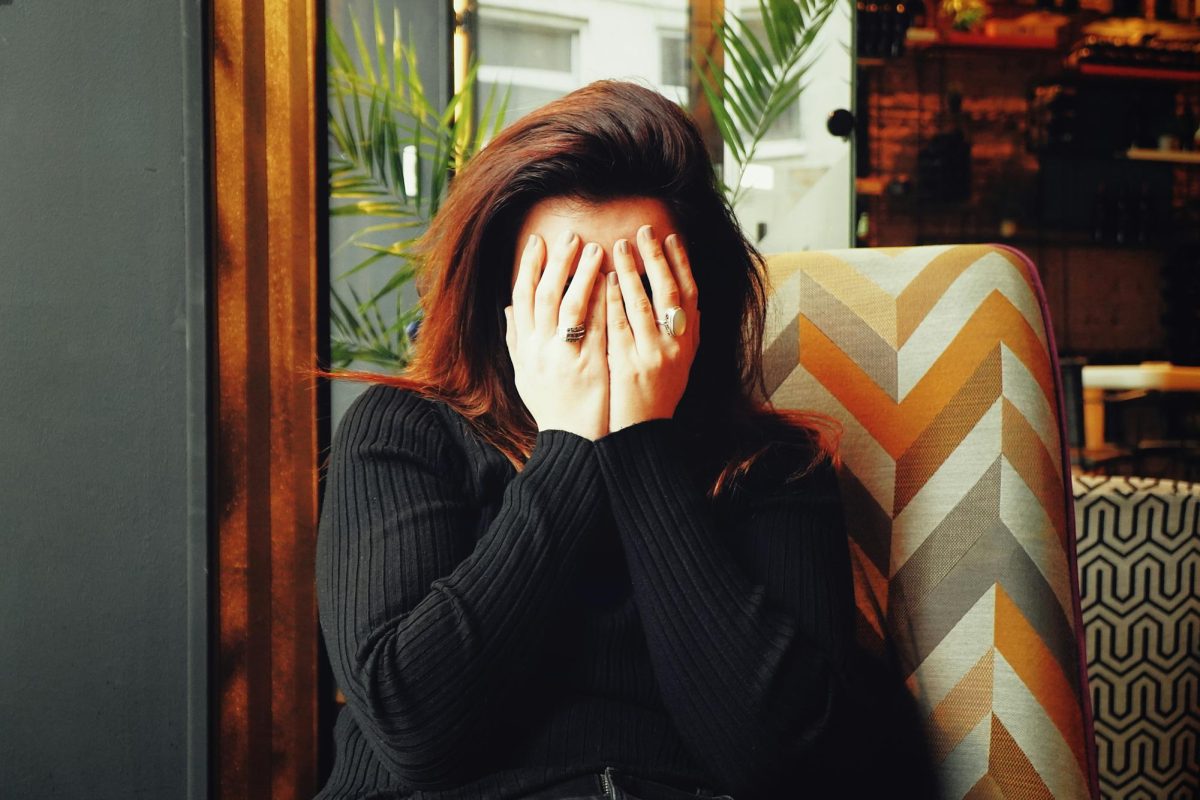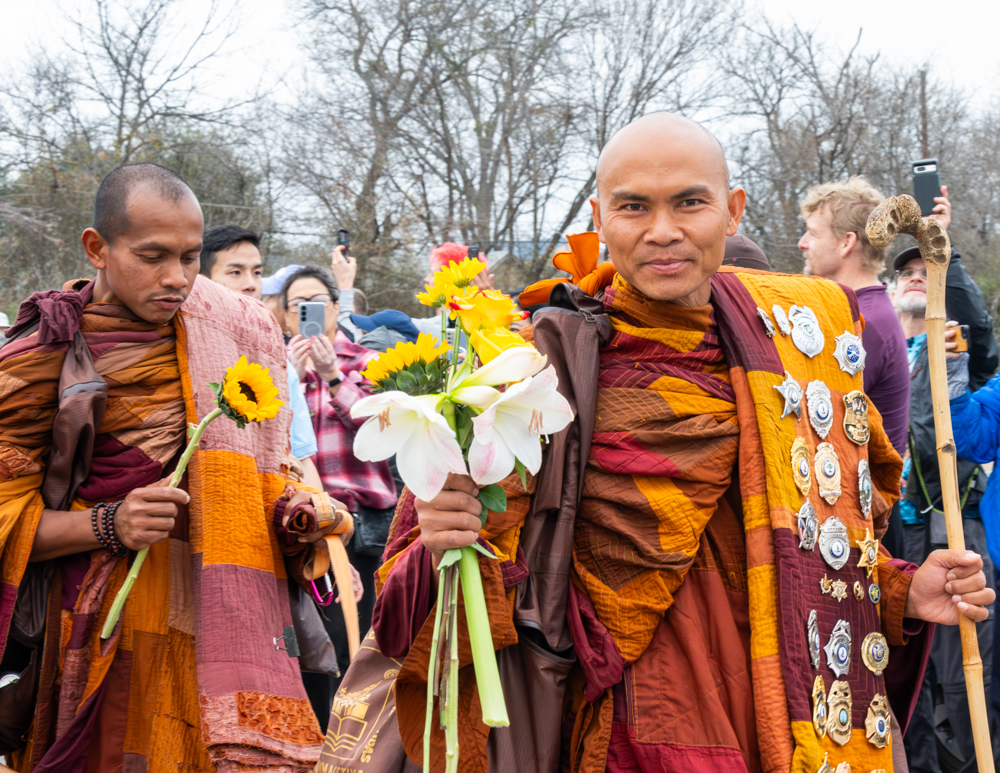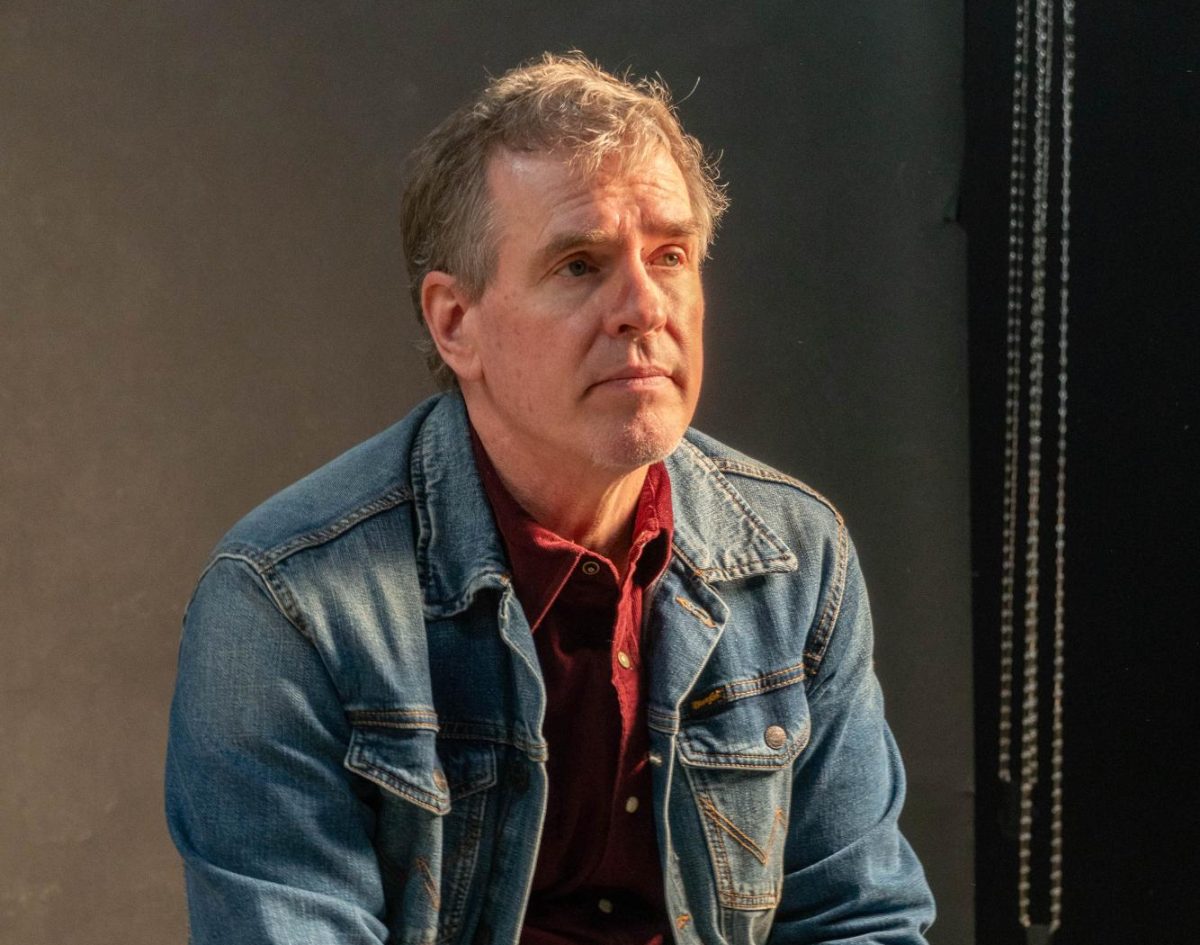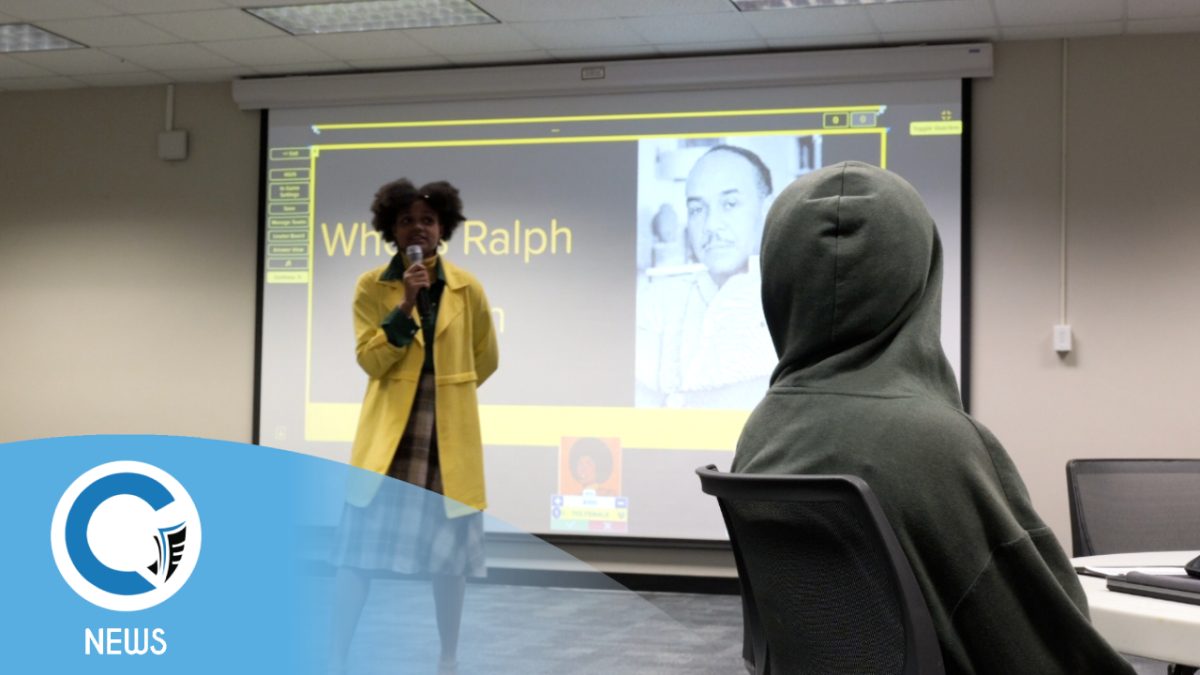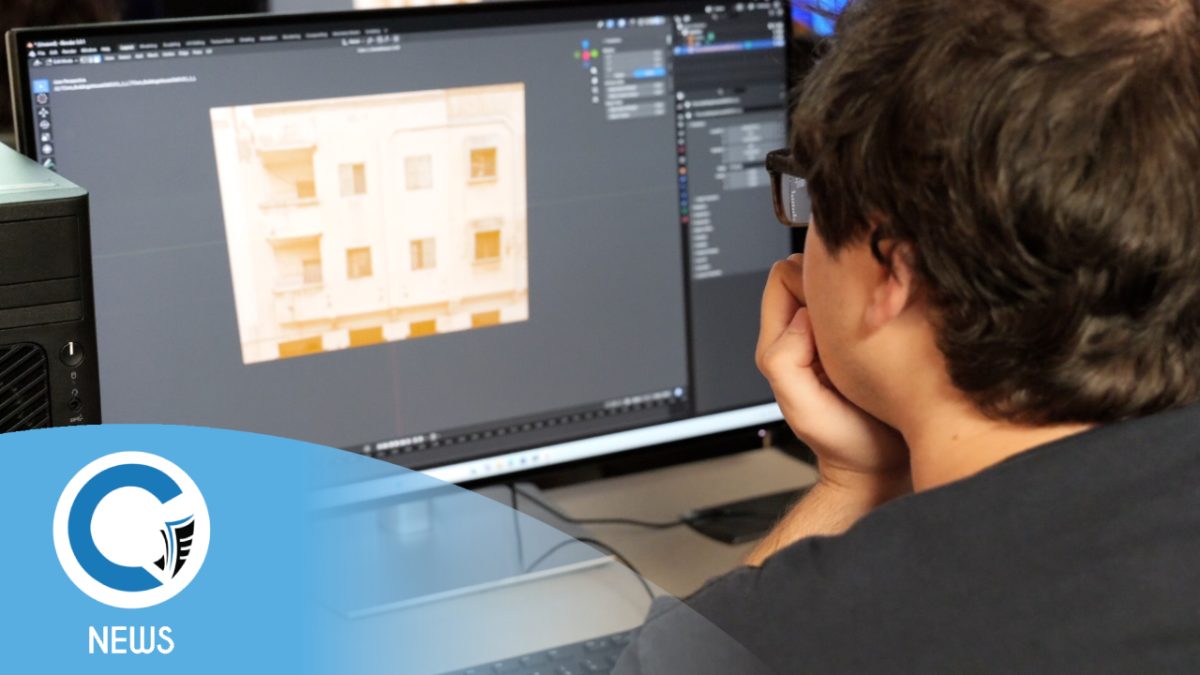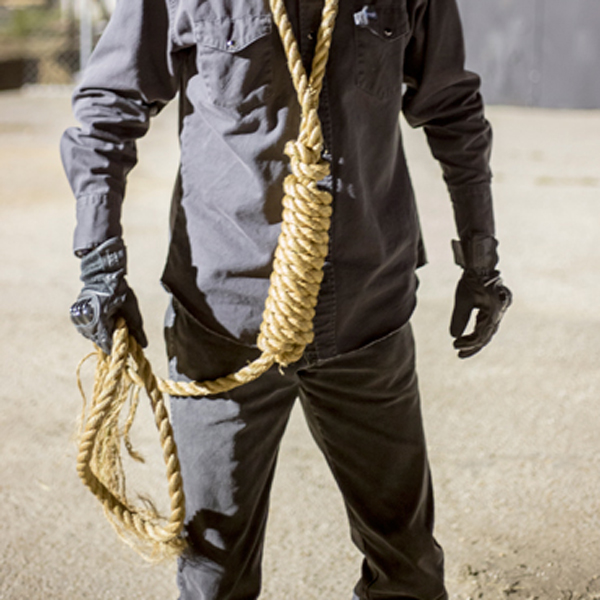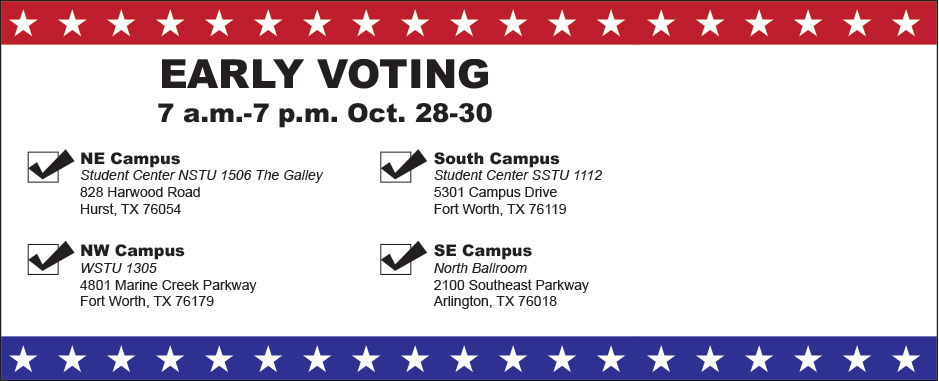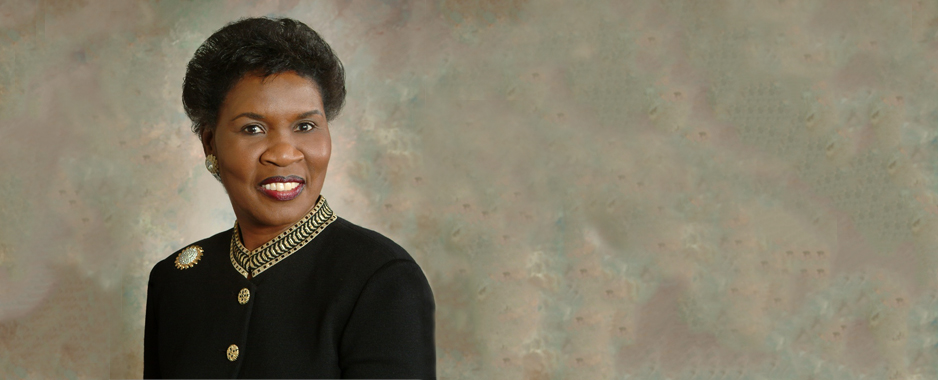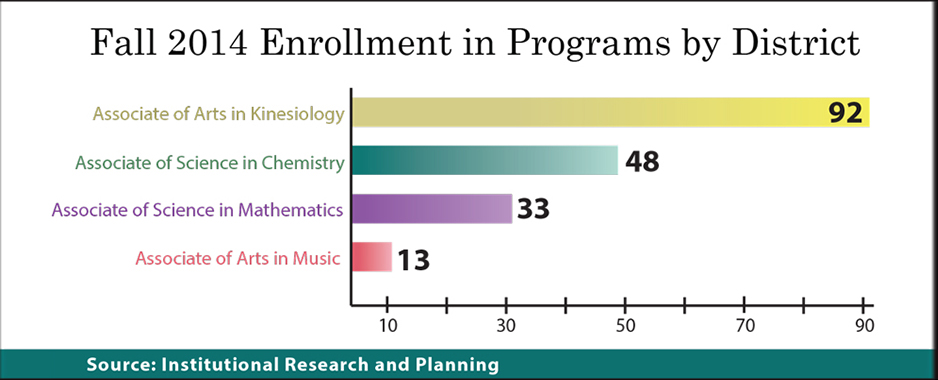Perverts, now deemed artists, probably rejoiced last month when a Texas judge ruled upskirt photos are not only legal but also a work of art.
Sharon Keller, the presiding judge of the Texas Court of Criminal Appeals, ruled that banning “creepshots” is unconstitutional and a violation of the Free Speech clause in the First Amendment.
This lunacy continued in the court’s opinion describing these types of photographs as “expressive” and claiming “the camera is essentially the photographer’s pen or paintbrush.”
This all began when Ronald Thompson, a 50-year-old artist, was working on his latest masterpiece at a SeaWorld in San Antonio until parents complained about him taking photos of their children.
Later, after attempting to delete the evidence, 73 photos of children in swimsuits, many of which targeted their chests and buttocks, were found on his camera.
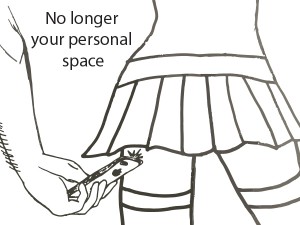
Not only did Thompson receive no punishment for his 26 repulsive counts of improper photography, his actions turned into a public free-for-all.
Photos up skirts, down blouses and apparently of children’s chests in wet swimsuits are all perfectly legal and even praised as an expression of speech.
Freedom of speech — what a glorious thing, right? But aren’t there limits?
In Schenck v. United States, a famous court case from 1919, the famous metaphor was born: “The most stringent protection of free speech would not protect a man in falsely shouting fire in a theater and causing a panic.”
As an American, you are free to say anything you want, just not “Fire!” at a loud volume in a crowded theater.
Why didn’t the court make this upskirt law an exception? Photography can be art, just not when it invades women’s privacy and flirts with the line of child pornography.
Why, in the eyes of the law, is alarming filmgoers worse than violating others’ privacy?
Even worse, this issue isn’t isolated in Texas anymore.
In early October, D.C. Superior Court Judge Juliet McKenna dismissed charges against Christopher Cleveland for taking photos up women’s skirts at the Lincoln Memorial, The Washington Post reported.
Although there were photos of women’s intimate regions on Cleveland’s camera, McKenna ruled they were not illegal.
This time, the reasoning was the women had no “reasonable expectation of privacy,” and “women should not expect privacy in a public place,” McKenna said.
That is a sensible statement to make. In this digital age, one can’t complain if someone snaps a family vacation memento at the Lincoln Memorial and that individual happens to be in the background. That person is in public.
But don’t people wear clothes to give themselves privacy when they go into public? To shield themselves from prying eyes? Shouldn’t people be able to leave their homes without wondering if their personal space or privacy will be violated? Without photos of their underwear ending up on a stranger’s camera? Is nothing private anymore?
To give McKenna credit, she did describe Cleveland’s actions as “repellent and disturbing,” which is accurate. Unfortunately, she did not describe them as illegal, which is repellent and disturbing in itself.
Hopefully, a bill is passed soon that will specifically target this issue and strike down creepshotographers. They do not need freedom to express this type of violating art.

